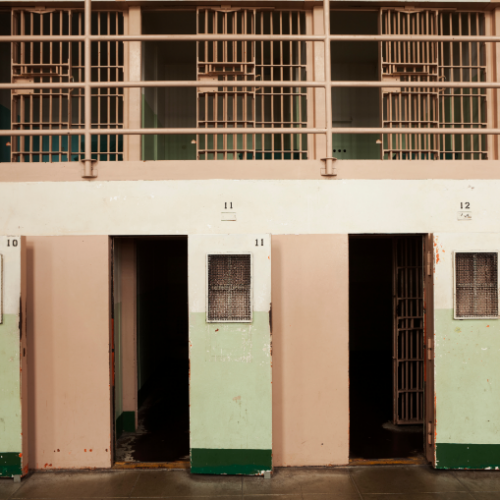Implementing County and Statewide Plans to Improve Outcomes for Youth in the Juvenile Justice System
This program supports counties and states that have already developed a systemwide plan to reduce recidivism and improve other outcomes for youth in the juvenile justice system. The U.S. Department of Justice’s Office of Juvenile Justice and Delinquency Prevention (OJJDP) administers the awards.
Objectives and Deliverables
Grantees must be able to develop and execute a strategy to:
- Implement an existing plan (formalized through legislation, appropriations, or other key policy and practice changes) to better align juvenile justice policy, practice, and resource allocation with what research indicates reduces recidivism and improves other outcomes for youth in the juvenile justice system;
- Implement additional policy, practice, and resource-allocation changes with fidelity to research-based strategies; and
- Track recidivism rates and other youth outcomes—such as educational achievement—to measure implementation progress; share this data with system leaders and policymakers; and use the data to hold providers and agencies accountable for results, as well as guide implementation improvements.
Grantees must demonstrate a high level of collaboration and coordination across agencies and systems, including the establishment of a juvenile community supervision reform task force composed of relevant state, tribal, territorial, or local leaders; service providers; nonprofit organizations; and other stakeholders.
For more information about this program, see the most recent OJJDP grant solicitation.
Current and Past Grantees
OJJDP awarded three grants in 2016 and four grants in 2017 for the implementation of these initiatives.
A positive school experience, where a child feels secure, is essential for their well-being. However, for many children…
Read More The Path to Statewide Community Crisis Response in New Jersey: A Community Advocate’s Perspective
Read More
The Path to Statewide Community Crisis Response in New Jersey: A Community Advocate’s Perspective
Read More
 Supporting Children of Incarcerated Parents: Reimagining School and Community Collaboration
Supporting Children of Incarcerated Parents: Reimagining School and Community Collaboration
A positive school experience, where a child feels secure, is essential for their well-being. However, for many children with incarcerated parents—one in 14 in the U.S.—school can feel far from safe due to stigma, trauma, and a lack of understanding.
Read More Bridging Communities and Correctional Systems: Q&A with CSG Justice Center Advisory Board Member Commissioner Nicholas Deml
Read More
Bridging Communities and Correctional Systems: Q&A with CSG Justice Center Advisory Board Member Commissioner Nicholas Deml
Read More
 Assigned to the Cloud Crew: The National Incarceration Association’s Hybrid Case Management for People with Behavioral Health Needs
Assigned to the Cloud Crew: The National Incarceration Association’s Hybrid Case Management for People with Behavioral Health Needs
When returning to their communities from criminal justice settings, people with behavioral health needs face barriers in accessing basic needs—including food, housing, employment, transportation, education, clothing, and substance use and mental health services—which increases their risk of experiencing a crisis.
Read More Meet the Medicaid and Corrections Policy Academy Mentor States
Meet the Medicaid and Corrections Policy Academy Mentor States
New Hampshire Department of Corrections Commissioner Helen Hanks presents at the Medicaid and Corrections Policy Academy in-person meeting.
Read More










